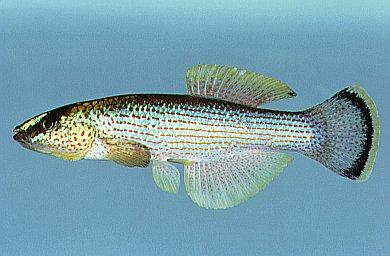Bermuda

VulcanSpirit
Richard & Alison Brunstrom
Mon 30 May 2011 01:23
|
Bermuda is an island currently about the same size
as Manhattan - I say currently because it has shrunk and grown repeatedly with
sea level changes. It has the world's most northerly coral reefs (warmed by the
Gulf Stream) and is the Atlantic's only coral atoll. The island originated as a
volcano about 100m years ago when the Atlantic was much narrower; the
original island was large and high, rather like Madeira. The last volcanic
activity was 33m years ago and since then the volcanic island has
been eroded away down to below sea level. Fairly recently it has gained a
thin limestone capping from petrified sand dunes and latterly coral reefs. Sea
level fluctuations has been significant causing the island to change area
dramatically - the highest sea level was 400 000 years ago and today's rising
levels may equal that if current trends continue. This has had an impact on
the fauna and flora which is quite impoverished but interesting. There are over
50 endemic (found nowhere else) cave dwelling animals in spectacular limestone
caves, many of which are flooded. There is a skink (type of lizard) which made
its way here from North America in the usual fashion, but more amazing are the
Bermuda killifish of which there are two species. These are freshwater
fish living is a few small natural ponds - it seems that the only way they can
have got here is by transport in a hurricane having been sucked up by a
waterspout from a pond in North America (live fish have been
recorded as being dumped by storms elsewhere several times - strange
but true), but a journey of several hundred miles is extraordinary. nd there is
a North American terrapin (freshwater turtle) which seems from to have
arrived here recently - certainly less than 4000 years ago, and possibly only
just before humans 400 years ago. How it got here remains a
mystery.
Here's the skink Plestiodon
longirostris (unfortunately I didn't take any of these photos
myself).
 And the terrapin, Malaclemys
terrapin
 And the killifish, Fundulus
catenatus
 That's enough Bermudan wildlife. Tomorrow morning
we leave for Newport Rhode Island some 650 nm to the north west to get our
autopilot and other things fixed.
|